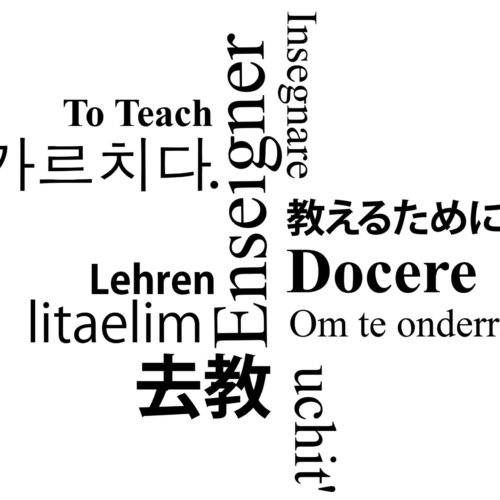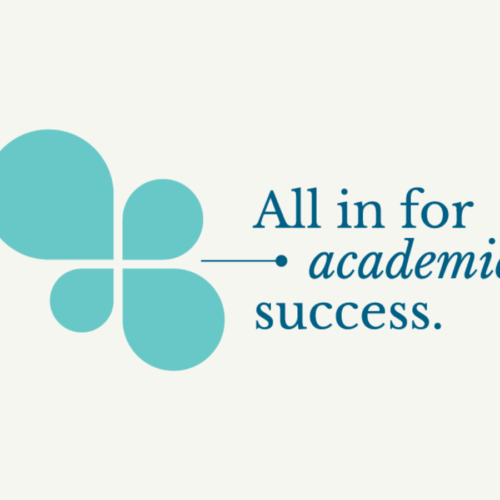Innovative Teaching During COVID-19 Series: Mary Ann Dzuback
The Center for Teaching and Learning is highlighting innovative work done by faculty at Washington University in St. Louis during the Spring 2020 semester at the height of the coronavirus pandemic as part of a new web series. Our latest Q&A features Mary Ann Dzuback, PhD, Chair, Women, Gender, and Sexuality Studies, and Associate Professor of Women, Gender, and Sexuality Studies, Education, and History (courtesy) at Washington University in St. Louis.
 How did you change your teaching to respond to the pandemic?
How did you change your teaching to respond to the pandemic?
I didn’t really change my teaching, but I made a couple of adjustments. I put more material on Canvas to avoid delivering lectures over zoom. I was afraid students might tune out if I couldn’t engage them directly, ask questions, invite participation as the lectures went on. In this class, I deliver short lectures, but I still didn’t want to monopolize the talking space in synchronous classes.
I also made available the opportunity on Canvas for students to read each other’s paper proposals and then in class to comment on each other’s proposals with suggestions, questions, and so on.
I also made sure to more proactively set times to speak individually with students by telephone. I found that a productive way to talk about their paper ideas, revisions, and confusion about course expectations. Upon reflection, I think the phone conversations worked well because we could both focus on listening without visual distractions. And our conversations could take as long as necessary–sometimes as much as an hour.
I also found myself doing check-ins at every zoom class and with every phone call to assess how they were doing. We chatted, which gave multiple ways of connecting in an environment in which it was hard to connect.
What was the result of the changes, if any?
I was impressed with the quality of the papers, which suggests the phone conversations were productive, as were student comments. I also found students stayed engaged with the course materials, for the most part.
How did students respond to your teaching?
They responded pretty well. I did notice an unevenness in engagement each week in class discussions. The class was small, so this disengagement or hesitation to speak were quite noticeable. We had an excellent discussion of de Beauvoir’s “Second Sex,” but some of the other conversations on readings were less passionate. I think students were really exhausted–more as the semester went on. Zoom was tiring–the amount of work we did to focus through WiFi glitches, the effort to try to read each other’s facial expressions and body language (to the extent we could), the occasional technical difficulties all contributed.
What are you the most proud of?
I am most proud that we persisted and that everyone seemed to value our time together, as difficult as it was, and that students who seemed to struggle with the material in the first half of the term, found ways to discuss the texts with each other, to raise their questions and state their confusions, and then to submit papers of high quality. I saw improvements in a number of students’ writing–both technically and in their ability to bring critical perspectives to their paper topics, make connections across texts, and offer keen insights into the problems they were exploring.
What advice would you have for colleagues who need to adjust their teaching due to the pandemic/other unforeseen circumstances?
Four thoughts:
- Stay flexible and be prepared to shift your plans and your assignments. I have elaborate class plans for each class session and detailed notes on the readings, discussion questions, etc. I tried really hard to balance what I thought needed to be accomplished with the constraints and stresses we were operating under.
- Pay close attention to students. Be prepared to be available in multiple ways so that you become an intellectual resource and a steady guide through times of uncertainty.
- Maintain high standards of performance–our students expect to be challenged, to have to struggle and work hard. Don’t disappoint them, but do be present to them.
- Consult the Center for Teaching and Learning–the people there are so helpful and patient and kind, even to those of us who are technically challenged. I felt as if the person helping me was a partner in the process.




